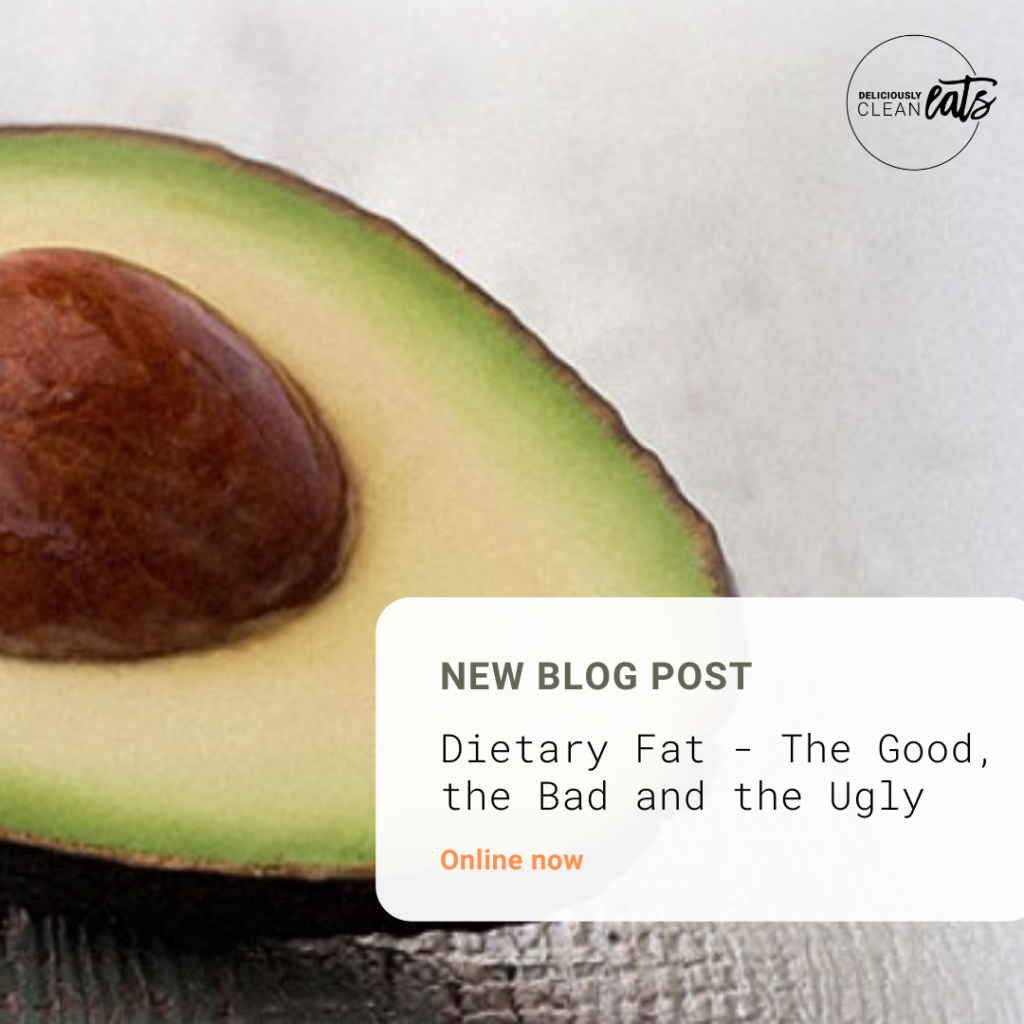Contrary to how it sounds…fat won’t always “make you fat”. It may be staggering to hear that this common misconception actually couldn’t be further from the truth. The most feared off all the macronutrients has been wrongfully scrutinized for decades – scaring us into running from even the fats that are very beneficial for our bodies. A shift to complete low-fat eating means we are cutting the helpful fats as well are the harmful ones…meaning overall, this isn’t the healthiest choice. You may be thrilled to learn that fat should not be banished from our eating regime! But in what sense are we talking and why?
The functions of fat
To kick things off, fat is a major source of energy for the human body. It is essential for the absorption of some vitamins and minerals, and for building cell membranes which are crucial for adequate bodily functions. Fat is also necessary for blood clotting, regulating inflammation and muscle movement. For long-term health, some fats are a healthier choice than others and should be prioritized in our diets.
The good
“Unsaturated” is the key word we are looking for when consuming fats. You might recognize these on nutrition labels as “monounsaturated” or “polyunsaturated”…which refers to omega-3 and omega-6 fatty acids. Both of these are vital for our health and should take up the majority of our fat intake. Without getting too technical (because nobody wants to relive a chemistry lecture)..unsaturated fats at a molecular level are missing two or more hydrogen bonds – meaning the overall structure is weaker. For this reason, these fats can also be recognized as a liquid at room temperature, rather than solid (i.e olive oil vs. butter).
- Monounsaturated fats aid in reducing harmful cholesterols which in turn lowers risk of non-communicable diseases such as stroke or heart disease. They also assist in regulating inflammation and body weight. Some good sources of monounsaturated fat include:
- Plant or seed oils such as peanut, olive, canola, sesame or sunflower oil.
- Avocado
- Peanuts, cashews, almonds, pistachios, sunflower seeds
- Eggs
- Polyunsaturated fats (omega-3 and omega-6) are essential fatty acids that must be obtained from food sources, as they are not produced by the body itself. They are important for brain and nerve functions, muscle movement and blood clotting. They can also improve sleep and skin. Some sources of polyunsaturated fat include:
- Fatty fish (salmon, sardines, trout, herring)
- Walnuts, sunflower seeds, flax seeds
- Soybean oil
- Grapeseed oil
The bad and the ugly
Or I should say…the “in moderation” fats. The tells to look for here are “saturated” and “trans”. Eating too much of these fats consistently can spike our harmful cholesterol levels and put us at significant risk of heart disease and stroke. They also contribute to unhealthy weight and obesity.
- Saturated fats that are found in natural, unprocessed foods that also consist of healthy, vital nutrients definitely have a place in our diet, like some full-fat dairy products and some red meats. Trans fats occur natural and synthetically in our foods and provide no nutritional benefits. The sources of trans and saturated fat to limit include:
- Baked goods
- Fried food
- Butter
- Processed meats
- Cream, ice cream
How to incorporate the right fats into your diet
Some quick and easy tips can help you to choose the right foods to make sure you’re getting those essential healthy fats most of the time without compromising your long-term health.
- Cook with an unsaturated oil instead of butter
- Opt for fatty fish, chicken, and lean cuts of red meat
- Swap cream on desserts for ricotta or Greek yoghurt
- Opt for grilled or baked meats over fried
- Spread avocado on your sandwich instead of butter
- Sprinkle nuts and seeds on your morning brekky
- Pay attention to food labels when shopping (look for low in saturated and trans)
